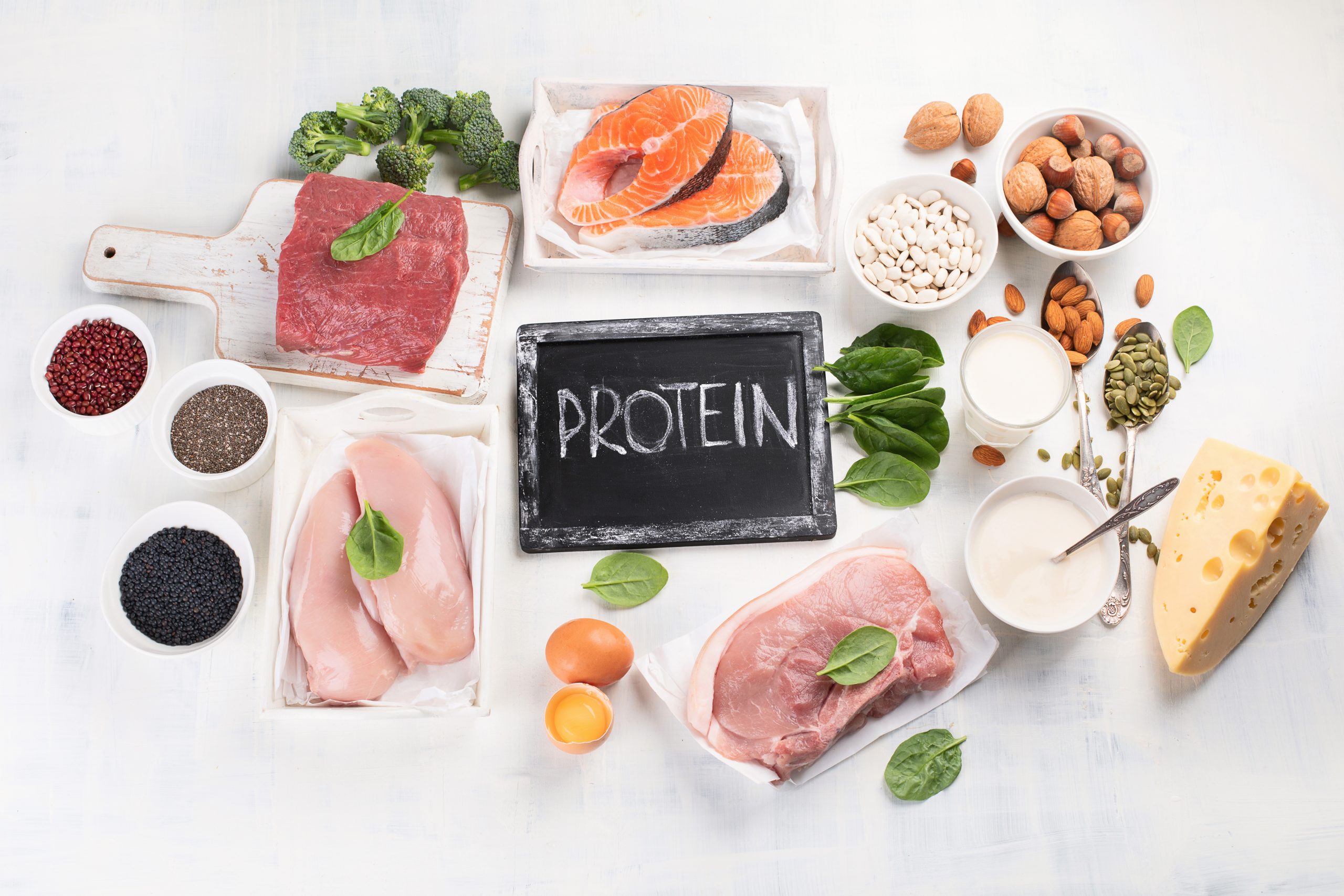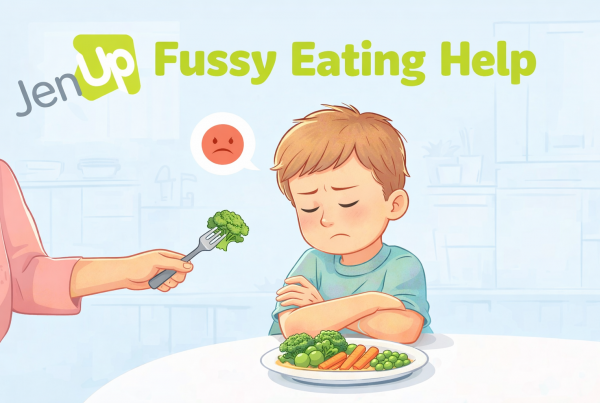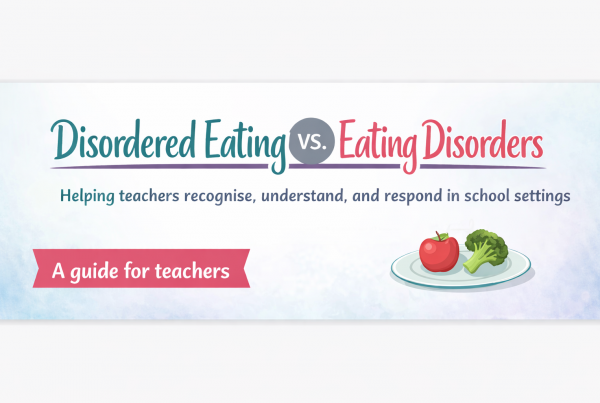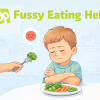
Last Updated on August 18, 2025 | Published: August 18, 2025 published by Jenny Tomei
Is the Protein Trend Making Eating Less Fun?
These days, it feels like everything is about protein.
Supermarkets are packed with protein cookies, protein ice cream, and protein pasta. Scroll on TikTok or Instagram, and there are videos showing “how to eat 100g of protein a day” or what people eat in a “high-protein lunchbox.”
Protein is being treated like the most important part of eating – but is that really a good thing? Protein is important, but the way we’re talking about it online is starting to look less like education and more like obsession.
Why Protein Matters
Protein helps your body build and repair muscle, supports your immune system, and keeps you fuller for longer. It’s especially important while you’re growing, if you play sports, or when your body is recovering from illness or injury.
Most young people already get plenty of protein from everyday meals without needing to track it or pack it into every snack. High protein intake does not automatically mean more muscle gains. Without proper amounts of carbohydrate, which is our main source of energy, the body will use the protein as fuel instead of using it to build and repair muscle.
How Social Media Changes the Way We See Food
Social media has a big role in pushing the protein trend. There are many videos showing perfect “balanced” meals, tips for “hitting your protein target,” or recipes with protein powder added to everything.
The problem? It can make you feel like you’re doing something wrong if you’re not eating a certain way. You might start thinking that every meal needs to be “high-protein” or that snacks without protein are “bad.” This can make eating stressful instead of enjoyable.
Why Young People Are Most Affected
This trend can hit young people harder than other age groups. Social media use is highest in 13–18-year-olds, meaning you’re exposed to these messages daily – sometimes without even realising it.
At this age, body image is still developing, and it’s normal to compare yourself to friends, influencers, or athletes online. Many young people are also playing sports, joining gyms, or just wanting to “look fit,” which makes protein marketing feel even more relevant and personal.
The combination of constant exposure, peer influence, and the pressure to look or perform a certain way makes it easy for these ideas to sink in – even if they’re not healthy or realistic.
When It Starts Looking Like Disordered Eating
The tricky part? Protein-focused eating can look healthy. It’s not as obvious as older diet trends that cut out whole food groups.
Protein-focused eating can sometimes turn into disordered eating – where food feels like a set of rules instead of something that gives you energy, enjoyment, and connection.
It’s not always obvious when this is happening, but feeling anxious or guilty about what you eat is a warning sign.
You might notice:
- Feeling anxious about eating foods without protein
- Planning meals only to hit a “protein goal”
- Avoiding social situations because the food isn’t “perfect”
- Thinking about food all the time
Yes, food gives your body energy and nutrients. But it’s also part of your social life, your culture, and your happiness. It’s about enjoying a meal with friends, tasting new things, and feeling good in your own body.
If you’re always worrying about whether something has enough protein, eating can start to feel stressful instead of enjoyable – and that’s a sign to pause, check in with yourself, and maybe talk to someone you trust.
How to Break the Protein Obsession
If you’ve noticed the protein trend creeping into how you eat, here are a few ways to keep a healthy balance:
- Mix it up – Include a variety of foods in your meals, not just ones high in protein. Carbs, fats, and fibre are just as important.
- Unfollow unhelpful content – If certain accounts make you feel bad about how you eat, mute or unfollow them.
- Check your “why” – Ask yourself if you’re eating a certain way because it feels good, or because you feel you have to.
- Eat for enjoyment too – It’s okay to eat something just because it tastes good, not because it hits a number.
- Talk about it – If food rules or guilt are taking over, talk to a friend, family member, or teacher. You’re not alone in feeling this way.
Useful links:
https://www.nutrition.org.uk/nutritional-information/protein
Written by Andreja Grigaityte












